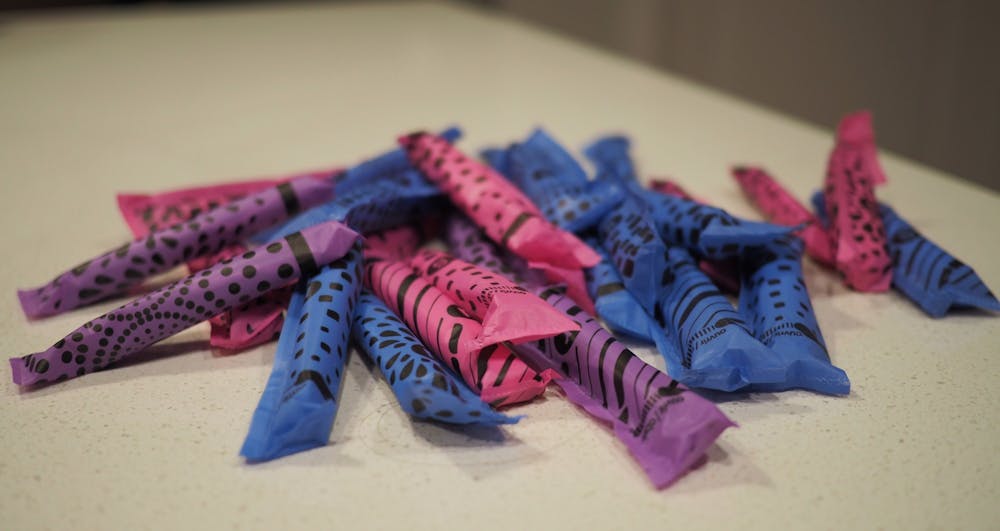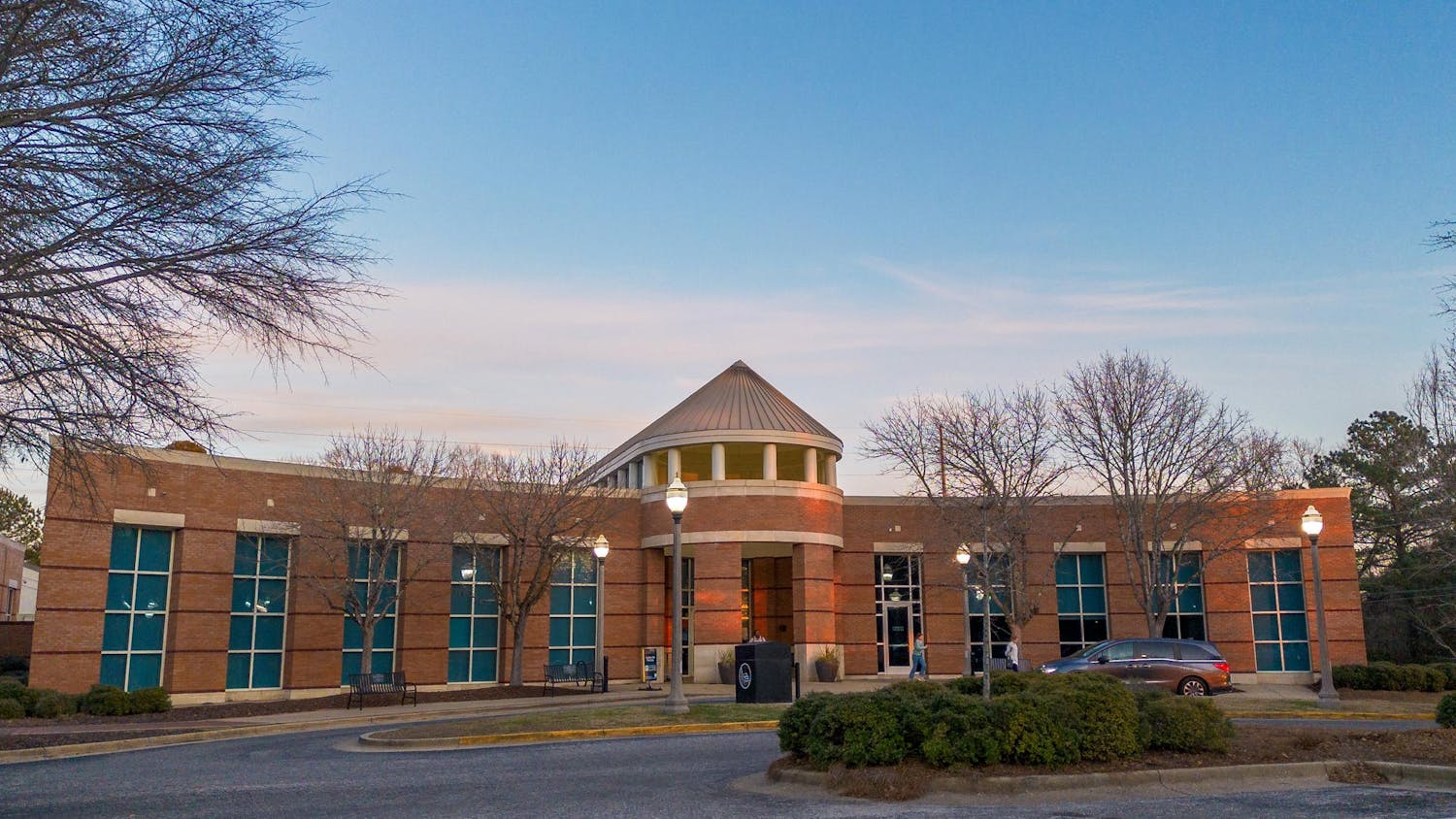People often steer clear of the topic of menstruation in conversation, but this Saturday, Oct. 10, many will take part in the second annual National Period Day to focus on the often unspoken subject.
PERIOD The Menstrual Movement and its many chapters is an organization centered around breaking women’s health-related stigmas.
PERIOD created National Period Day in 2019 to raise awareness for women’s health issues such as period poverty and stigma surrounding menstruation.
Regan Moss , the president and founder of the Auburn chapter of PERIOD and junior in microbiology and neuroscience, said the group’s mission is to advocate for the support of people’s biological, fundamental rights.
This year, the group will be organizing a donation drive for period products, a 5K event and a packing party for the donations they receive. These donations will be packed alongside information pamphlets for those who receive the products.
Moss said the chapter is continuously working on bigger projects for the Auburn and Opelika community.
“We really pride ourselves in being able to be really community-based,” she said. “Even though a lot of us are University students, some aren’t, and we never want to seem disconnected from the community of Lee County.”
Moss said the chapter is also developing a documentary with the visual media department with the intention of raising awareness for economic inequality in relation to menstruation.
“We’re working with a few graduate students and community advocates to push for some systemic change,” she said.
One of the systemic changes they push to change is the “tampon tax.”
Moss said the tampon tax is the classification of period hygiene products as a luxury item that does not exempt them from sales tax. This is prevalent in about 30 states and can be regarded as a gender-based tax, she said.
Moss said their Instagram stays up to date on their work as a group and that they are also working on a website which will be up soon.
She said getting involved with PERIOD can be as easy as donating products or even changing the way you think about periods.
“Everyone probably has an internalized stigma towards menstruation, just because that’s what we’re socialized to have,” Moss said. “There are books people can read; there are conversations people can have. Education is a good first step.”
Moss said her enthusiasm for PERIOD comes from wanting to inform and change people’s views on the menstrual cycle.
“None of us would exist if menstruation and people’s cycles didn’t exist,” she said.
Moss said the menstruation cycle is an important process and should be discussed more often.
“I just think it’s really powerful that our bodies are able to do this, and so I think it begs this really big question of, ‘Why is it so hard to talk about?’” she said.
Melissa Blair, associate professor of history, studies women and politics in the United States and said that for much of history, society has generally had a negative outlook on women’s menstrual cycle.
“Most societies have some way of treating women differently or saying that women behave in inappropriate ways at that time of the month,” Blair said.
She said there has been a historic trend of backlash from society when new products are created that allow women to have more freedom with their menstruation.
“There’s always controversy around new products that come out that enable women to have more control over the reproductive side of their lives,” she said.
Blair said the 1970s feminism focused on the legalization of birth control and abortion. While issues like normalization of periods and access to feminine hygiene products would not be as prevalent until more modern feminism movements.
However, she said the modern feminist has turned much of their attention to gender inequality, specifically and economic inequality, and how it relates to menstruation.
Blair said the blend of gender and economic inequality is what she believes has enabled the movement to be more visible in the mainstream.
“I think the programs that are going on right now to try to break that stigma, especially to raise awareness of the cost barriers of tampons, are really powerful because we’ve never seen anything like that before,” she said.
Do you like this story? The Plainsman doesn't accept money from tuition or student fees, and we don't charge a subscription fee. But you can donate to support The Plainsman.





